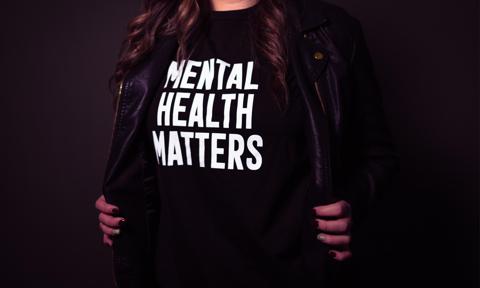
“Clutter is no stranger to most households in India,” says Mehezabin Dordi, clinical psychologist at Sir HN Reliance Foundation Hospital, Mumbai. And research backs up her statement, with reports showing that the average middle-class Indian family has more stuff than they have the room for. “Unfortunately, clutter can do more than just take up space—it can take its toll on your mental health as well. Just like how a cluttered drawer or wardrobe can cause stress, unchecked feelings can also trigger anxiety,” she cautions.
The principle of cleaning out clutter from our physical surroundings then applies to our mental health. “Often, we don’t even notice the emotional baggage we are carrying from the past, such as negative thoughts, hurtful experiences and trauma. While physically cleaning up spaces can lead to reduced levels of stress, emotional distress and anxiety, the same holds true for decluttering your mental space as well,” she says.
Why You Need to Make Time for Mental Spring Cleaning
“We all can relate to the feeling of walking into a clean and orderly room—it can lead to instant calmness and peace. Having clutter around can make us feel helpless, powerless and often lost, and this holds true for the baggage that we are carrying mentally as well,” explains Dordi. So, what does this emotional baggage look like? Similar to how clutter accumulates over time, there is a wealth of hurt, frustrations and suppressed feelings sitting right beneath the surface of our awareness. Since we often tend to avoid dealing with unpleasant feelings in our everyday lives, they can gather up over time.
“Sometimes, an external stressor can cause a sudden outburst, which is disproportional to the situation that you are responding to,” says the Mumbai-based psychologist. She believes that it’s an indicator that you have unfinished emotional business to deal with—consider this the first sign that you are due for some emotional spring cleaning. Other symptoms can include physical aches and a sense of constant discomfort, feelings of low self-esteem, self-doubt and general distrust of others. She says, “You might find yourself complaining a lot, your relationships might feel like an emotional rollercoaster combined with a general lack of clarity and direction or focus on past regrets: these are all signs that you need to attend to the emotional load that you are carrying with you.” The payoff comes in the form of a greater sense of control, as well as reduced stress and anxiety in an otherwise overwhelming situation. “Since it is deliberate and intentional, it also promotes mindfulness and allows you to be in the present moment,” she advises.
How To Do Mental Spring Cleaning
If you find yourself in an uncomfortable emotional space or reacting to external stressors in a disproportionate manner, it is a good idea to take some time for self-reflection. Here’s how:
Reflection
Actively listen to your body and mind by being present and asking yourself what it needs, if you are finding yourself overwhelmed or if you are running away from certain unpleasant thoughts. Taking time to acknowledge these emotions will help you deal with them in a more efficient manner.
Awareness
As humans, we are capable of a wide variety of emotions, both pleasant and unpleasant. By becoming aware of these emotions taking up space in your mind, you can take that first step to acceptance. It is also very important to not criticise or blame yourself for feeling emotions like sadness, anger, jealousy, frustrations and fear, because they are perfectly normal.
Journaling
More often than not, writing down our thoughts and emotions serve as a healthy outlet to deal with distressing situations, especially when one has difficulty in verbalising them. By putting pen to paper, you can free them from the trap of your mind.
Mindfulness
In our fast-paced lives, it would appear that we have forgotten the art of being fully present in the moment. Whether you are anxious about the future or fixated on a certain point in the present, practising mindfulness can help you stay grounded in the present moment.
Let go
If something is no longer working for you, it’s time to let it go. Ask yourself which positive influences you need in your life and which are the toxic relationships that it might be time to let go of, so you can make room for healthier influences in your everyday life.
- Quick links
- mental health






